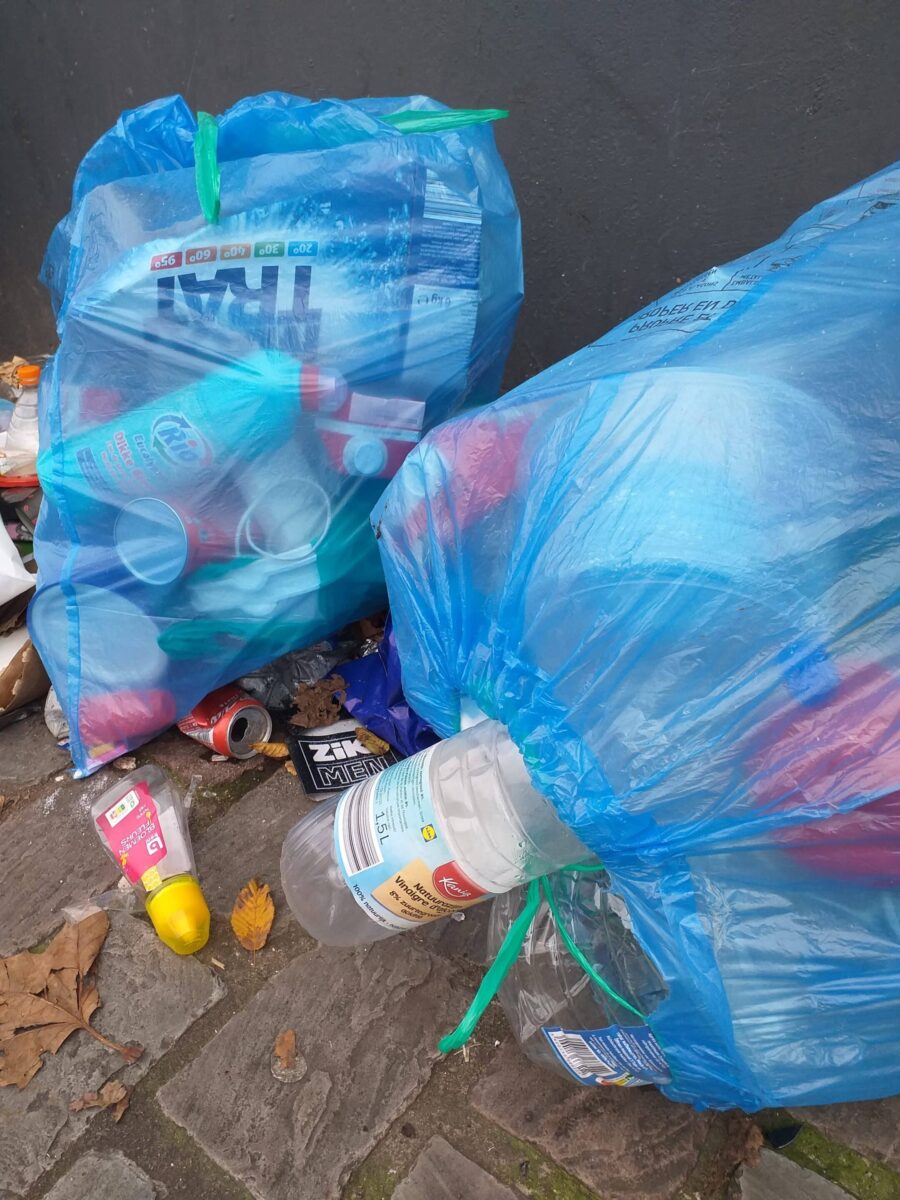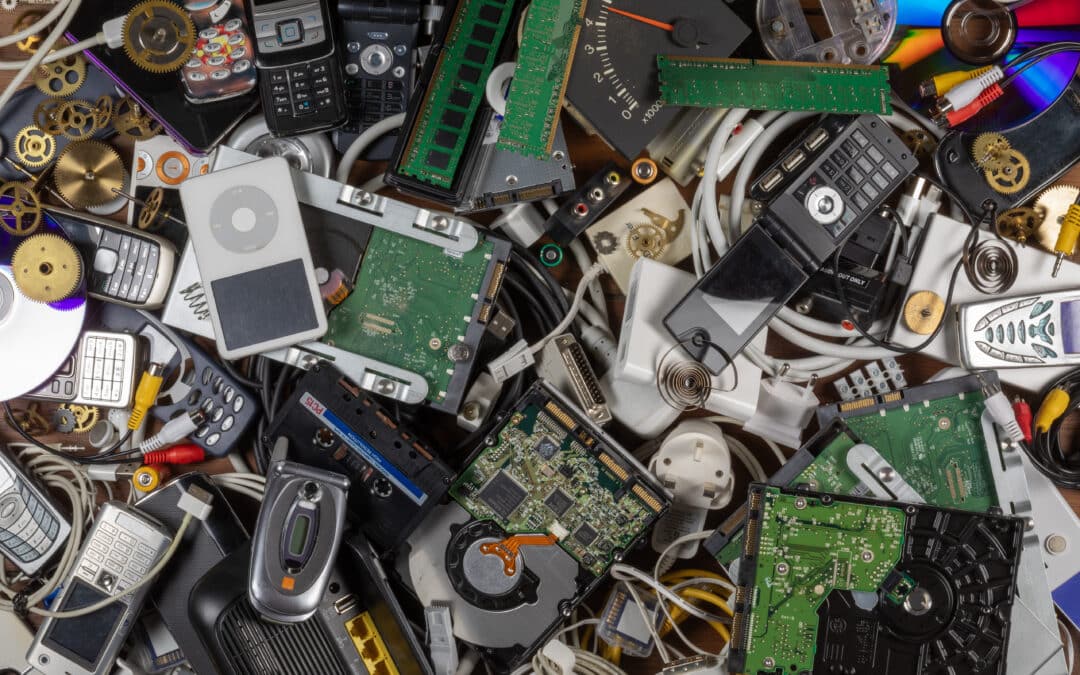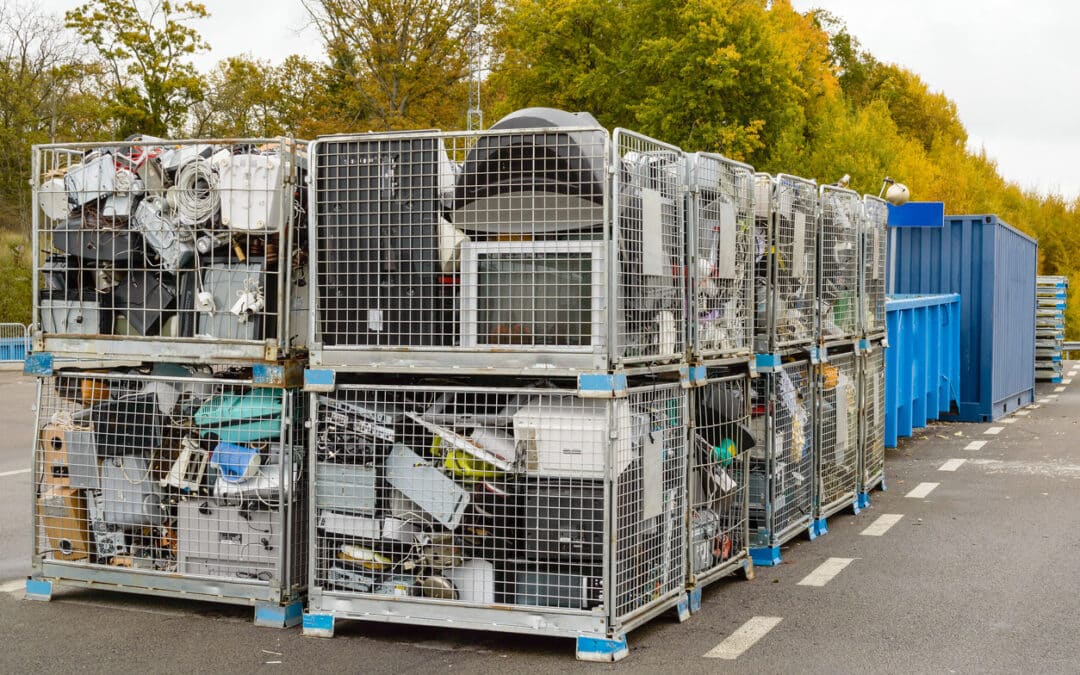Each region of Belgium has a different litter policy. Flanders has a -20% target for 2022 compared to 2015, which has not been achieved. In Wallonia and Brussels, agreements on litter are less clearly formulated and there is a lack of proper monitoring. In no region is litter tackled at the source.
Each region of Belgium has a different litter policy. Flanders has a -20% target for 2022 compared to 2015, which has not been achieved. In Wallonia and Brussels, agreements on litter are less clearly formulated and there is a lack of proper monitoring. In no region is litter tackled at the source.
The industry also pays very little for the litter they cause. For Flanders this amounts to 9.6 million euros, while the clean-up costs amount to no less than 161 million. The majority of the costs are born by municipalities.
Rob Buurman, director of Recycling Netwerk: ‘There is a lot of talk about litter, but the approach is limited to clean-up actions and communication campaigns. Clean-up actions are valuable initiatives if volunteers are committed to them, but we also expect effective policy from the government.’

This report on litter is the third in a series of papers on producer responsibility (EPR) in Belgium and was carried out by consultant Maxine Von Eye. Below we focus on four crucial lessons from the report.
Lesson 1: focus on litter, not on citizen
The policy is mainly aimed at raising awareness among citizens, while producers can continue to sell more and more disposable packaging. 75 percent of our litter consists of disposable packaging , but its manufacturers remain unaffected. The current approach to litter is mainly beneficial for the industry.
Proposal: Tackling litter should follow the waste hierarchy, which means that prevention and reuse of packaging are given priority. Single-use packaging is should be replaced by reusable packaging, especially for take-away . If single-use packaging is used, it is better collected, such as with a deposit system.
Lesson 2: Improve litter monitoring
Measurements indicate that litter is a bigger problem in Wallonia and – especially -in Brussels than in Flanders, but there is a lack of proper monitoring and follow-up.
Proposal: Wallonia and Brussels should learn from the Flemish detailed methodology for measuring litter, both in terms of clean-up costs and quantities. Harmonization and accuracy of the monitoring is essential as packaging producers pay part of those litter costs.
Lesson 3: make industry pay for litter, but reduce their on the decisions
Organizations such as Mooimakers (government initiative) in Flanders and Be WaPP in Wallonia are largely financed and determined by the packaging industry. For example, the Mooimakers steering group consists of representatives from Comeos, Fevia and Fost Plus. No wonder that only business-friendly campaigns are set up.
Proposal: reduce the influence of the packaging industry on litter policy. Make producers pay the full costs if their packaging ends up as litter. If the amount of litter decreases, costs should also decrease. According to the (not yet final) Cooperation Agreement on Litter & EPR between Flanders, Brussels and Wallonia, these costs would drop significantly if a deposit was introduced. The reduction in costs for producers should depend on results, not on the simple introduction of a deposit.
Lesson 4: stop useless pilot projects and focus on proven solutions
The study also evaluated The Click project. This reward system from the industry has been rolled out across 12 Belgian municipalities. In Antwerp the project was stopped because it had no effect on litter. The study shows that The Click does not have a significant impact on litter in other places either.
Proposal: implement proven solutions against litter, such as a classic deposit system that can reduce litter by tens of percent



